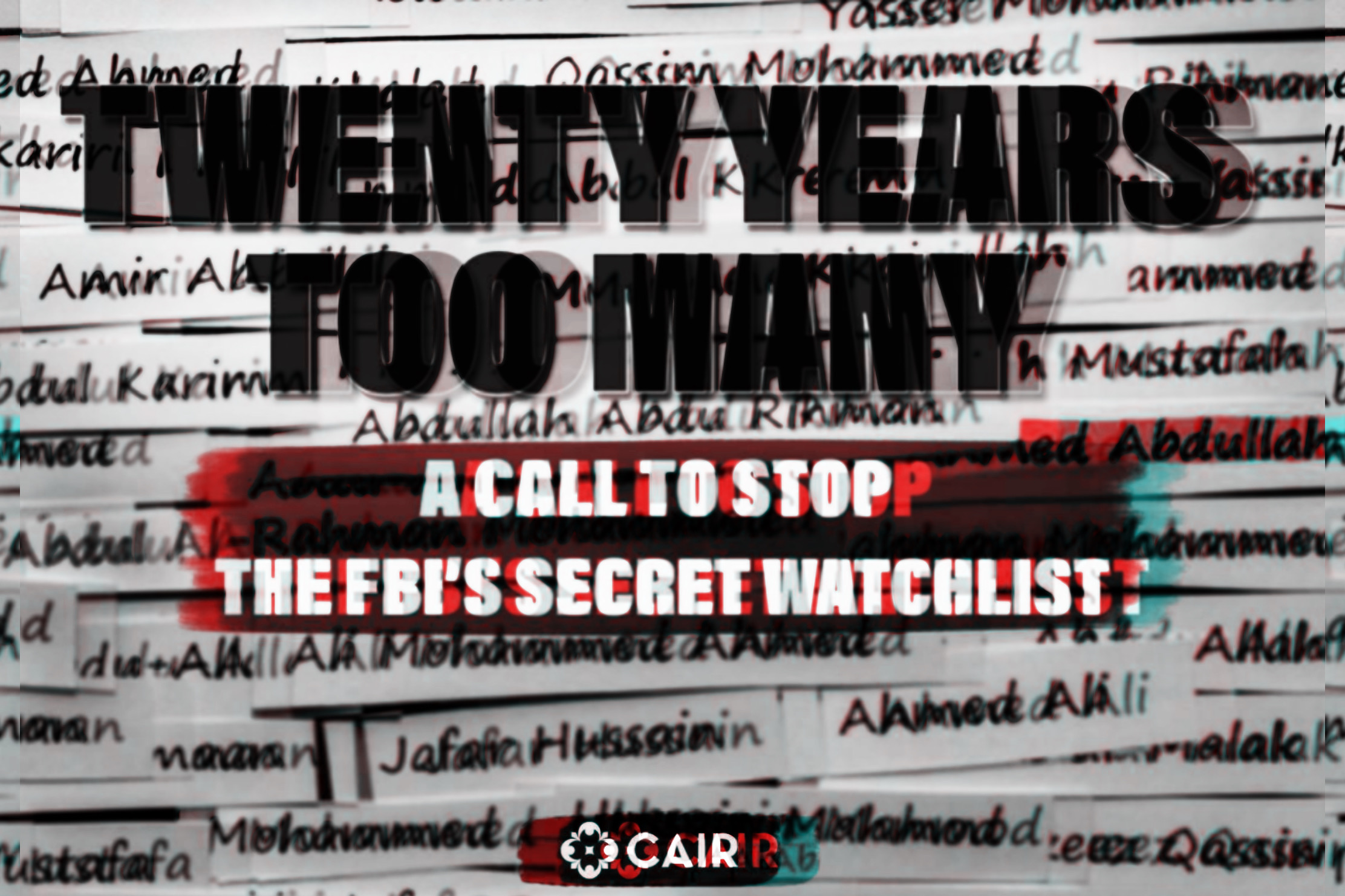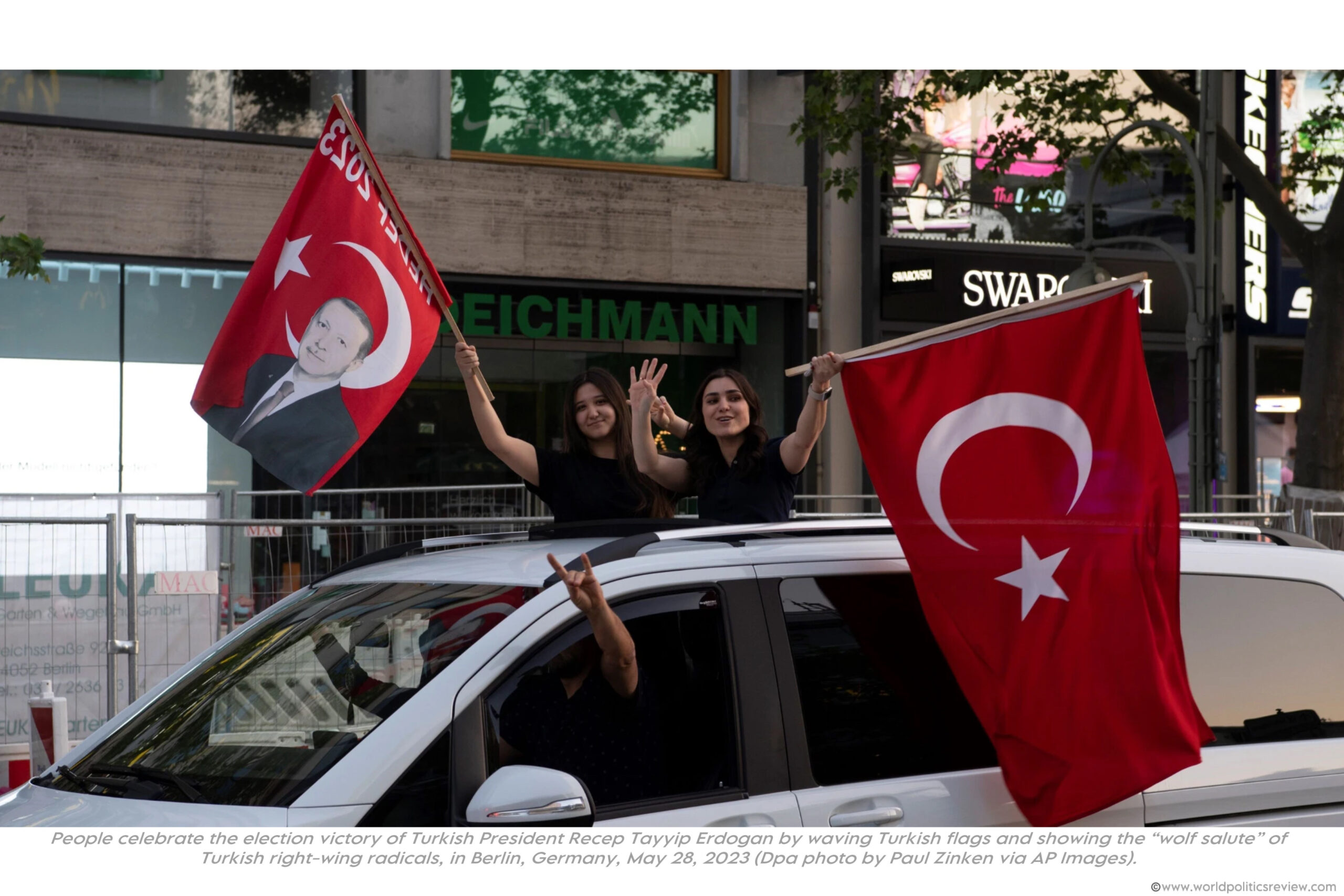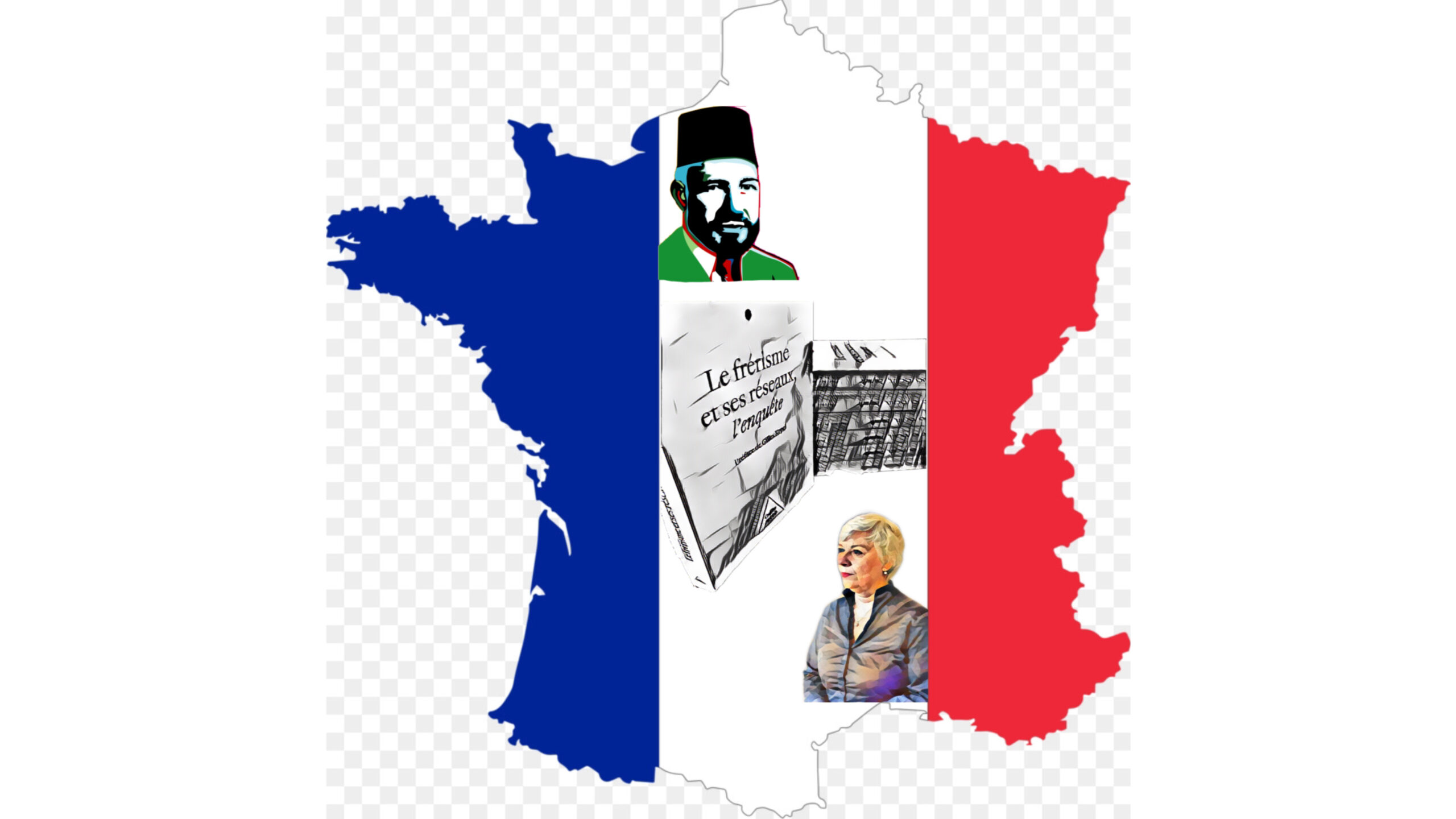For the first time since the international crisis began, Israeli Arabs took to the streets yesterday afternoon to protest cartoons deemed insulting to the Prophet Mohammed that were published in the European press. At least 500 demonstrators gathered peacefully in the Galilee city of Nazareth. A procession set off from the Al-Salaam mosque toward the Basilica of the Annunciation, where Christian tradition says Mary was informed of Jesus’ impending birth. Sheik Raed Salah, a radical leader of the Islamic Movement, was to address the crowd later. “Allah is the only God, and Mohammed is his prophet,” loudspeakers blared as the march began. Meanwhile in the Palestinian Authority, hundreds of Palestinians stormed European institutions and burned German and Danish flags in Gaza City. About two dozen protesters stormed the German cultural center, smashing windows and breaking doors. Down the street, about 30 Palestinians threw stones at the European Commission building, and replaced the EU flag with a Palestinian flag, before police brought them under control. About 50 schoolchildren and teenagers gathered on one corner of the street shortly after to try to resume the attacks on the two buildings, but Palestinian riot police, armed with batons, pushed them back. The youths threw stones at the police, then fled. Later in the day, about 400 protesters marched on the European Commission building, accompanied by a loudspeaker car that blared, “Insulting the prophet means insulting every Muslim,” and urged merchants to boycott Danish products: “With our blood and souls we defend you, O Prophet.” Protesters also set fire to a Danish flag. Police set up a cordon at the building to prevent stone-throwing, but protesters heeded organizers’ appeals and didn’t attack. Most of the demonstrators were merchants who called for a boycott of European goods, and many carried small books of the Koran. Elsewhere in Gaza City, armed men with links to the Fatah Party handed out red carnations to students, nuns and the priest at a Roman Catholic school to apologize for other Fatah gunmen who threatened earlier in the week to target churches as part of their protests. Danish and French members of the international observer team at the Rafah crossing between Gaza and Egypt stayed away from Gaza on Thursday, and instead worked from the group’s headquarters in the nearby Israeli city of Ashkelon, said a spokesman, Julio de La Guardia. Meanwhile in Damascus, demonstrators set fire to the building that houses the Norwegian, Danish and Swedish embassies in Syria. While no diplomats were reported injured, these attacks were the most violent so far in the protests against the cartoons. The cartoons have caused a furor across the Muslim world, in part because Islamic law is interpreted as forbidding any depictions of Islam’s holiest figure. Aggravating the affront was one caricature of Mohammed wearing a turban shaped as a bomb with a burning fuse. The cartoons were first published in Denmark, and then in newspapers elsewhere in Europe in a show of solidarity with freedom of the press. In Brussels, the European Union called on the Palestinian Authority to protect EU buildings from attack. Danish Foreign Minister Stig Moeller called the Damascus embassy attack “horrible and totally unacceptable” on public television. He said he telephoned his Syrian counterpart, Farouk al-Sharaa, “to tell him it was totally unacceptable that Syrian authorities have not been able to protect the embassy.” He said al-Sharaa said he regretted the incident. The United States condemned the cartoons, siding with Muslims outraged that newspapers put freedom of the press over respect for religion. “We … respect freedom of the press and expression but it must be coupled with press responsibility. Inciting religious or ethnic hatreds in this manner is not acceptable,” said State Department spokesman Kurtis Cooper. Major U.S. publications have not republished the cartoons. The U.S. response contrasted with that of European governments, which have generally accepted the newspapers’ rights to print the cartoons. The furor cuts to the question of which is more sacred in the Western world – freedom of expression or respect for religious beliefs. Ibrahim Hooper, a spokesman for the Council on American Islamic Relations, applauded the U.S. position. The State Department reaction “was a strong statement in support of Muslims around the world,” he said.
Israeli Arabs Jump Into Cartoon Fray By Agencies






